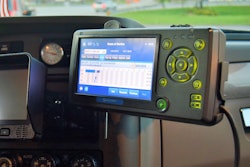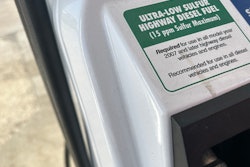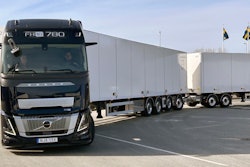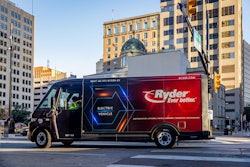The California Air Resources Board announced on Thursday a “Clean Truck Partnership” with the nation’s leading truck manufacturers and the Truck and Engine Manufacturers Association that advances the development of zero-emission vehicles (ZEVs) for the trucking industry. The full agreement can be seen here.
The partnership includes flexibility for manufacturers to meet emissions requirements while still reaching the state’s climate and emission reduction goals, a CARB press release said.
The Clean Truck Partnership includes Cummins, Inc., Daimler Trucks North America, Ford Motor Company, General Motors Company, Hino Motors Limited, Inc., Isuzu Technical Center of America, Inc., Navistar, Inc., Paccar Inc., Stellantis N.V., Truck and Engine Manufacturers Association, and Volvo Group North America.
CARB said the partnership “marks a commitment from the companies to meet California’s vehicle standards that will require the sale and adoption of zero-emissions technology in the state, regardless of whether any other entity challenges California’s authority to set more stringent emissions standards under the federal Clean Air Act.”
[Related: Trucking groups slam 'challenging' new EPA rule that slashes truck emissions limits]
In turn, CARB has agreed to work collaboratively with manufacturers to provide reasonable lead time to meet CARB’s requirements and before imposing new regulations and to support the development of necessary ZEV infrastructure.
“This agreement reaffirms EMA’s and its members’ longstanding commitment to reducing emissions and to a zero-emissions commercial vehicle future, and it demonstrates how EMA and CARB can work together to achieve shared clean air goals,” said EMA President Jed Mandel. “Through this agreement, we have aligned on a single nationwide nitrogen oxide emissions standard, secured needed lead time and stability for manufacturers, and agreed on regulatory changes that will ensure continued availability of commercial vehicles. We look forward to continuing to work constructively with CARB on future regulatory and infrastructure efforts designed to support a successful transition to ZEVs.”










